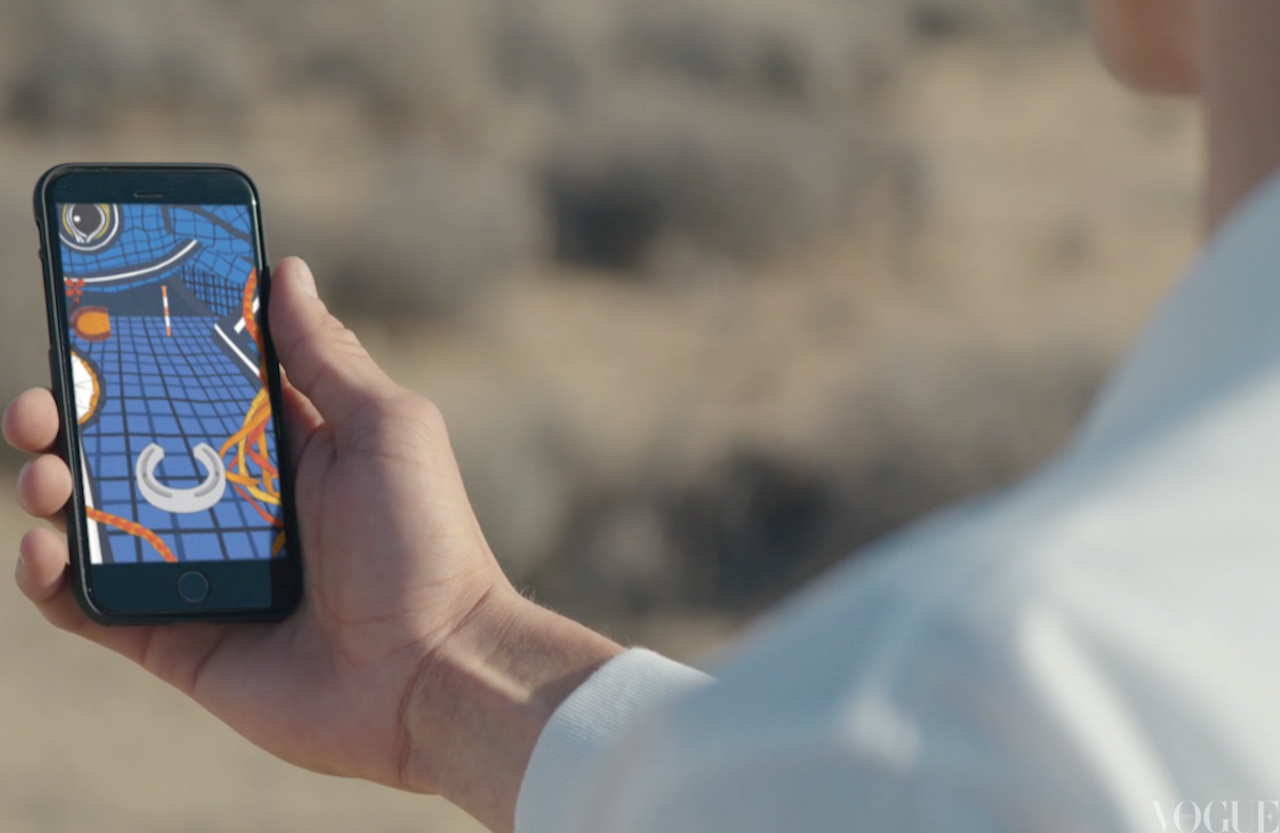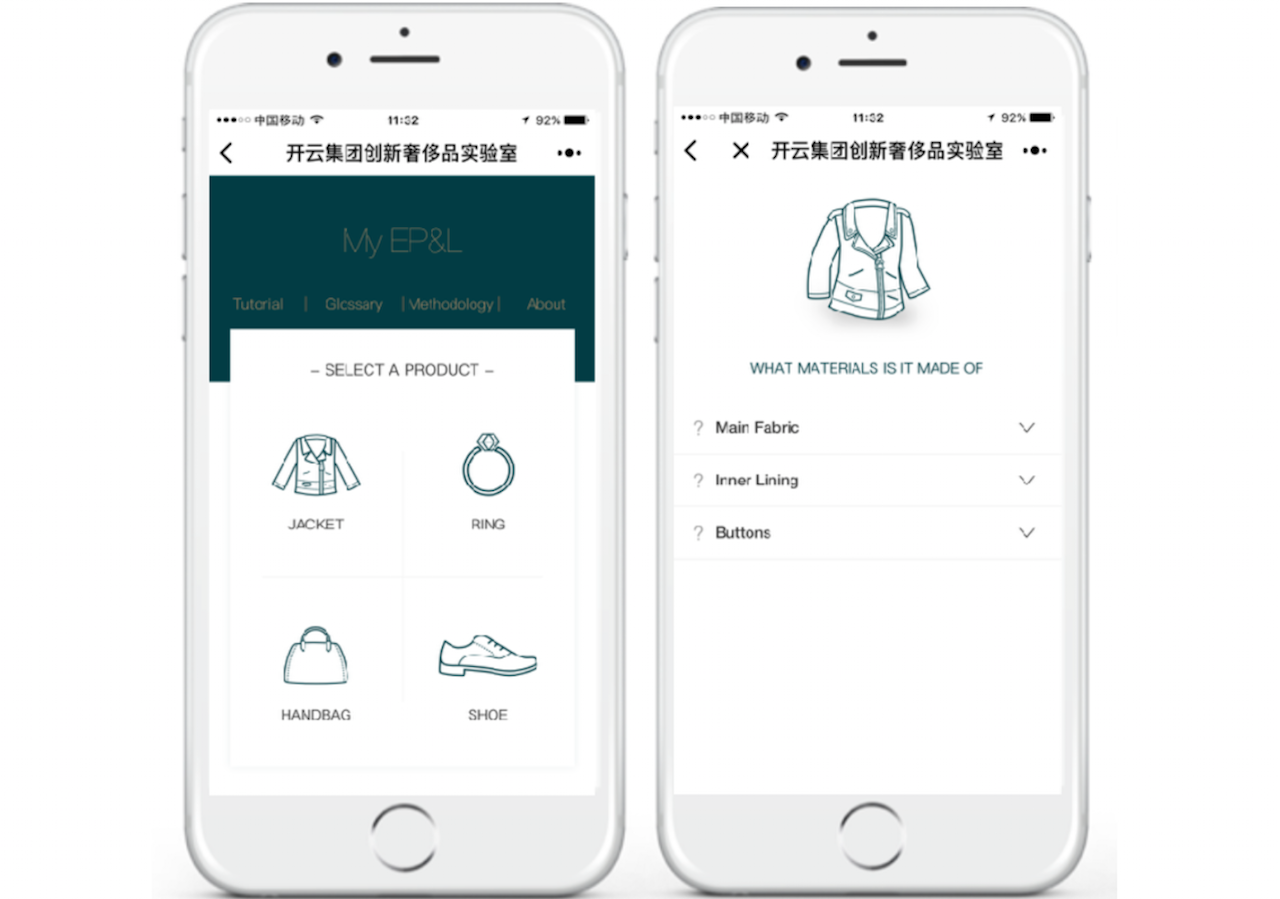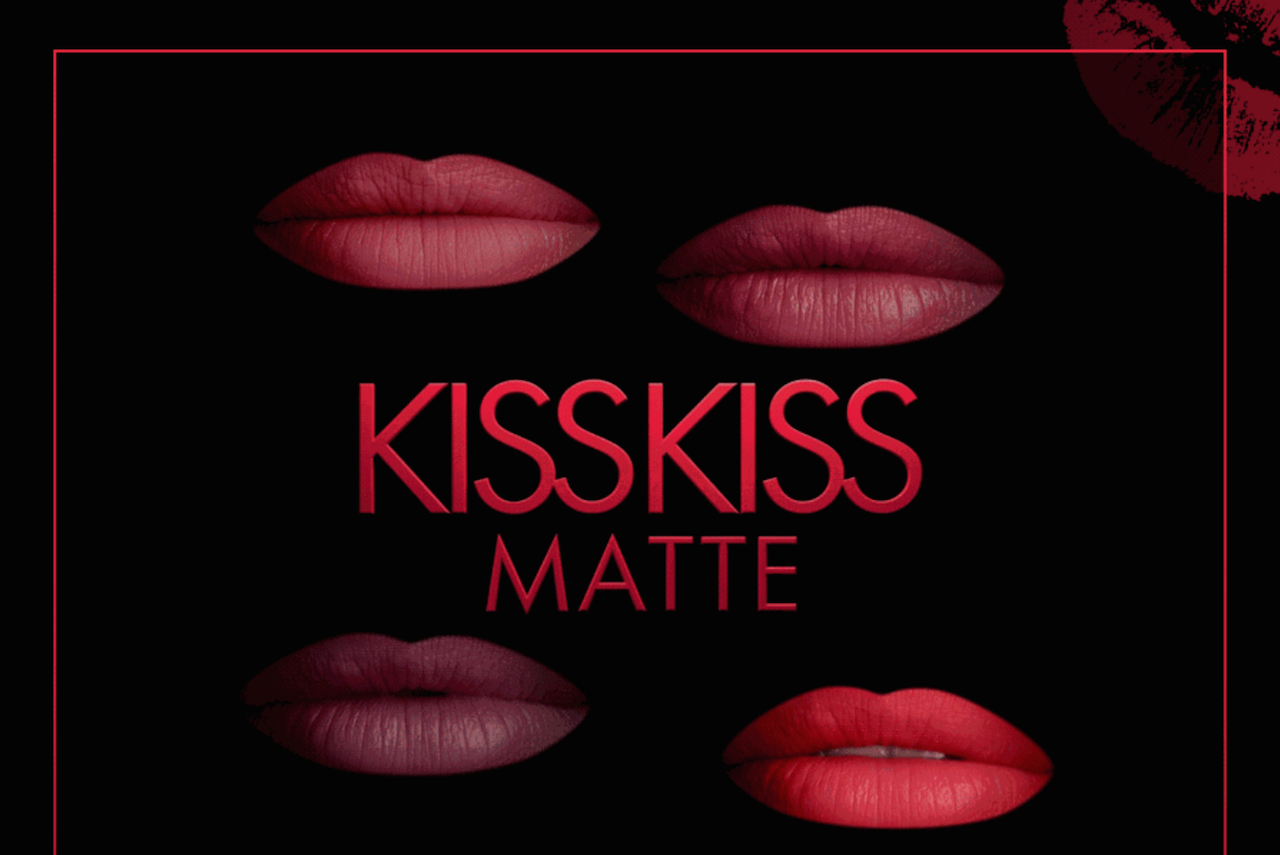Louis Vuitton and Angry Birds may seem totally unrelated, but more and more luxury brands are creating digital games to keep customers in their branded worlds just a bit longer.
The latest example is Hermès, which recently released a mobile app called H-pitchhh. Inspired by the traditional horseshoe toss game that can be traced all the way back to Roman soldiers, Hermès allows players to virtually toss a horseshoe using a swipe on iPhone, not unlike throwing a Poké Ball in Pokémon Go. They score points based on how close their horseshoe lands to the stake.
There are five different levels to unlock, each of which is branded in the Hermès style. To accompany the game, Hermès also released a film campaign.
While the Hermès game is available globally, it's an especially smart strategy for China, where the average luxury consumer is significantly younger and more receptive to gaming.
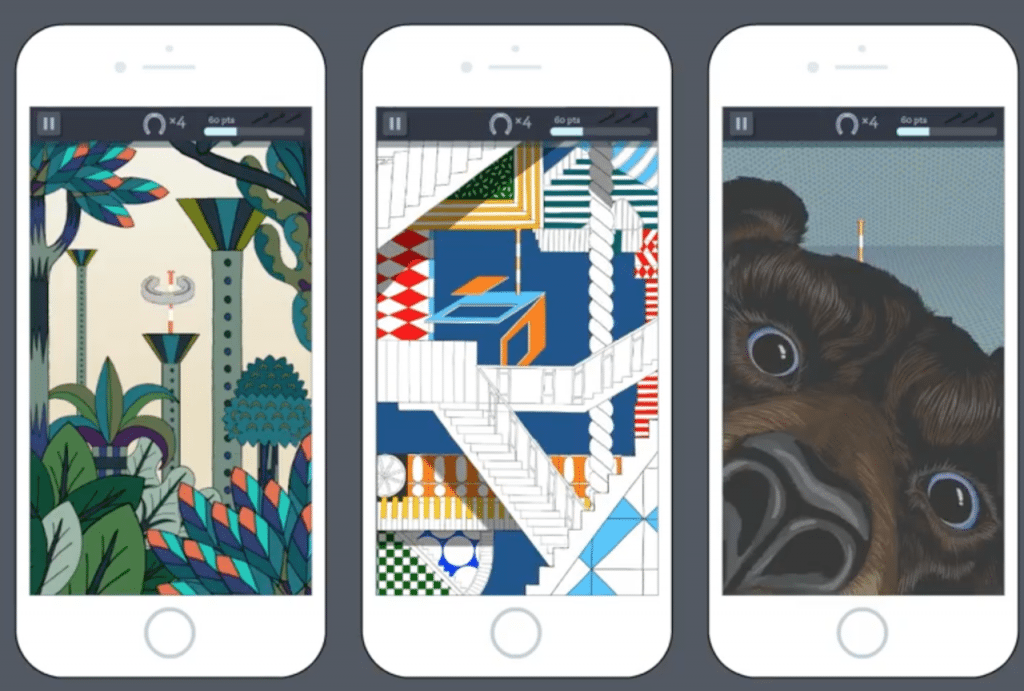
Several brands have also launched games just for the China market.
To celebrate its latest lipstick, the KissKiss Matte collection, Guerlain partnered with a major player in duty-free shopping, Sunrise Duty-Free, to create a WeChat game. Within 10 days of its launch, the highly addictive Tetris game had attracted 18,582 page views and 10,000 players. At the end of the game, players were asked to submit personal information, such as their name and phone number, to enter a lottery, helping Guerlain build a database of potential customers. The brand selected more than 300 winners.
Dior also built an interactive game to generate awareness for the grand opening of a new store in Shanghai. As long as users collected all six in-game Dior items, they could set off in a virtual hot air balloon and win a ticket to witness the real event in front of Plaza 66. The campaign made full use of offline and digital channels to generate traffic as well as to offer a cohesive user experience.
Ready Player One#
According to research by Goldman Sachs, for Chinese millennials, online gaming is not only an important channel to have fun, but also to develop their identities. Due to the One-Child Policy, most millennials don’t have siblings. They grew up socially isolated, and often turned to the internet and online games for social connection.
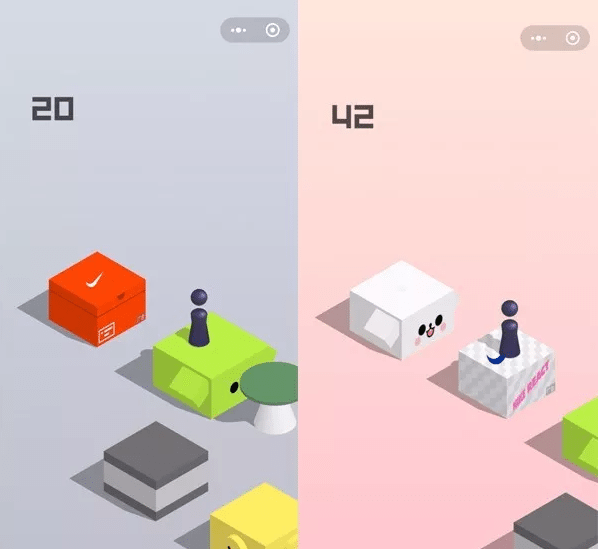
Chinese millennials grew up at a time when games like Super Mario Brothers and World of Warcraft were popular, and they retain fond memories of them. In an emotional economy where purchases are less about the product itself and more about how products make one feel, it’s no wonder that nostalgia marketing has been successful—by mimicking the look and feel of their favorite games, brands can engage millennials on an emotional level.
Next Level#
What's next for gaming in the luxury industry? There are infinite possibilities, according to Alexis Bonhomme from digital marketing agency Curiosity China. He believes more and more brands will make gaming an explicit part of their annual plans with demand coming not only from millennial customers but also because millennials are increasingly becoming the decision makers at the brands themselves.
“People born in the late '70s or early '80s, who are starting to be in charge of marketing activities at a high level, they are by their essence different people,” said Bonhomme. “They were raised in the Atari-Nintendo-Sega-PlayStation era, and they're more open than the past generation to gamification.”
